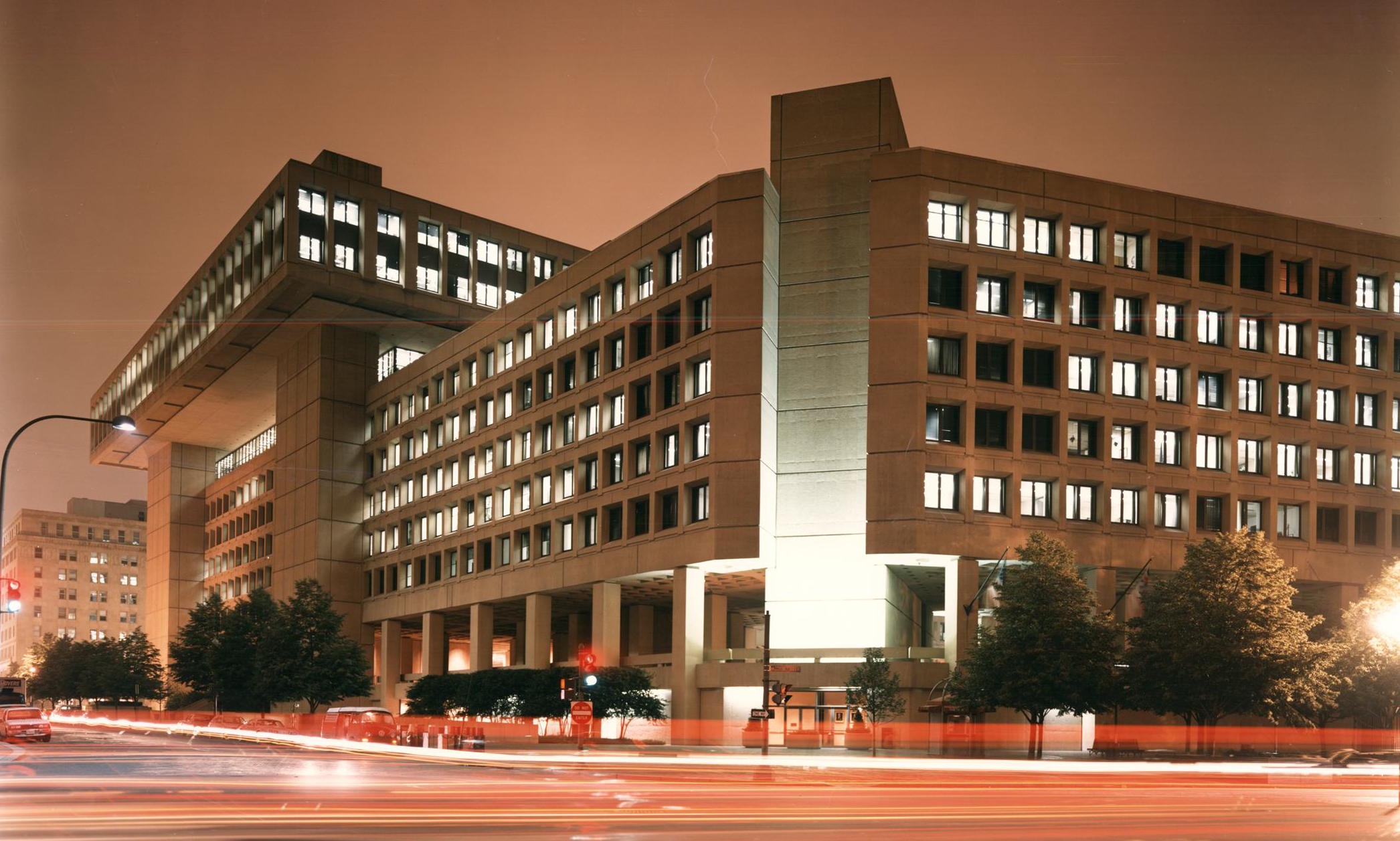The Internet has been a blessing and a curse for the justice system. This is one of the curses.
By Del Quentin Wilber Washington Post Staff WriterWASHINGTON — Al Schuler, one of 12 jurors weighing the fate of a 23-year-old charged with killing a homeless man in Maryland, was confused by the word “lividity” and what role it might have played in explaining the circumstances of the victim’s beating death.
So, one night after deliberations, the retired engineer did what so many people do in the digital age: He looked up the definition on Wikipedia, the online encyclopedia. “It was just a definition, like going to the dictionary,” Schuler said. “It was very innocent.”
A Maryland appeals court didn’t think so. In throwing out the defendant’s first-degree murder conviction and ordering a new trial, the court ruled that Schuler’s inquiry violated an Anne Arundel County judge’s order prohibiting jurors from researching the case.
Schuler’s query is just the latest example of how modern technology and an information-saturated culture are testing centuries-old notions of how juries and judges mete out justice. The issue garnered national attention recently in Baltimore, where five jurors were accused of using a social-networking site to inappropriately discuss the ongoing trial of the city’s mayor.
OTHER STORIES OF INTEREST
- Robbery Involving D.C. Cop Takes Deadly Turn (Washington Post)
- NYC Man Charged With Getting al Qaeda Training (AP)
- Fed Grand Jury Probe of Arizona Sheriff Moving Forward (AP)
- Prosecutors Say Fake Secret Service Agent Had Fake Police ID Before (AP)
- Ex-Gov Blagojevich: “I’m Blacker than Barack Obama” (CBS)
- FBI Investigates for Ex-North Carolina DMV Commissioner Over Illegal Wiretaps of Employees (NewsObserver.com)







2 thoughts on “Social Networking and the Courts: One of the Curses of the Internet”